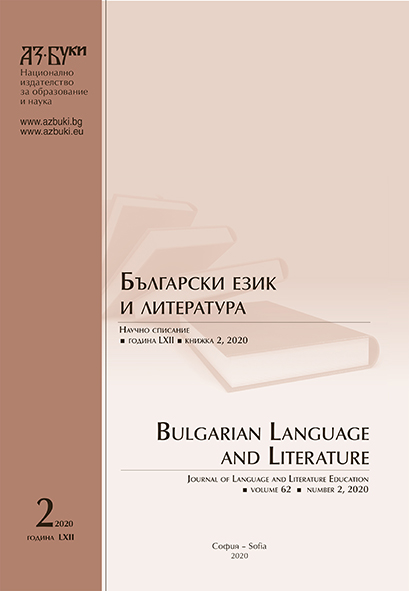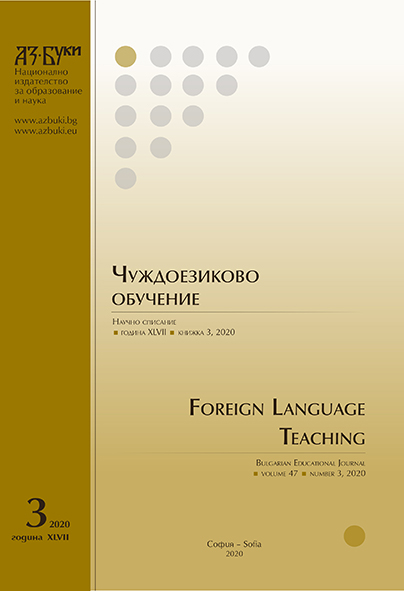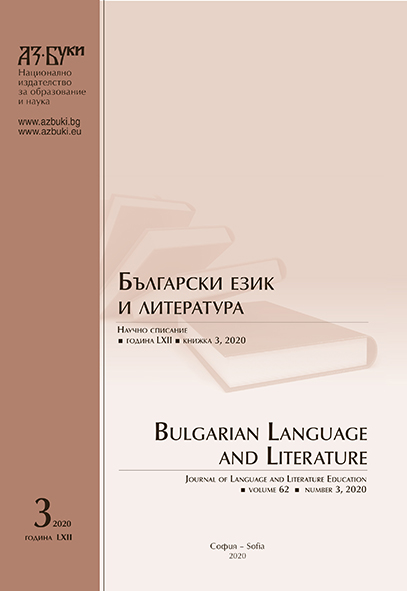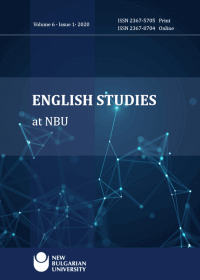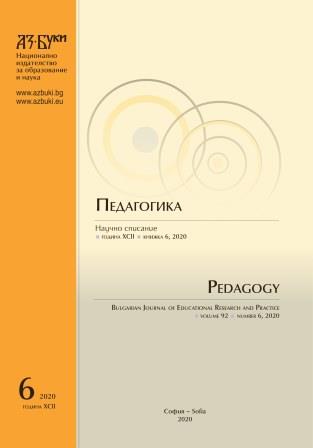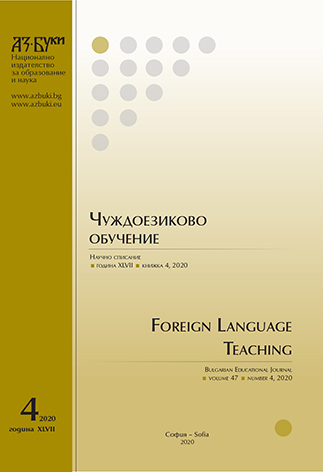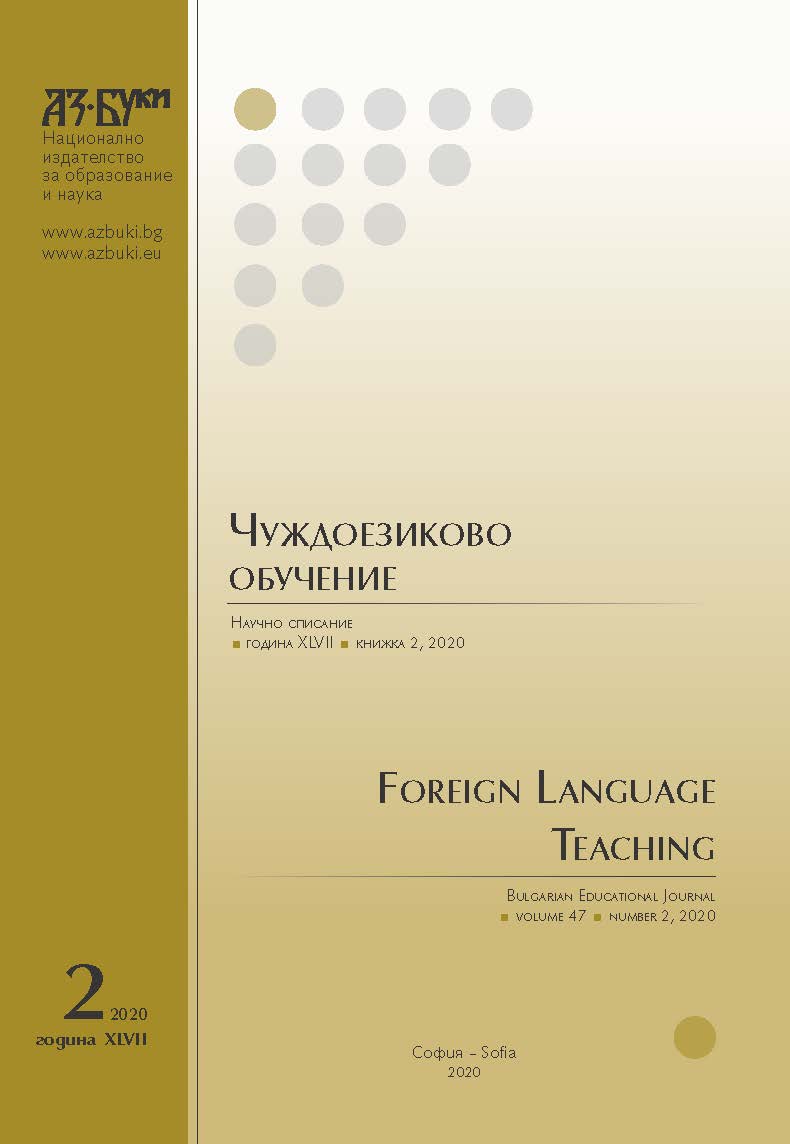
A Semantic Description of the Combinability between Verbs and Nouns (on Material from Bulgarian and English)
This paper represents a methodology for defining restrictions on the semantic combinability between different semantic classes of verbs and the sets of nouns corresponding to the elements of their conceptual frame (i.e. the major participants in the situation described). Our observations focus on verb synsets from WordNet and their assigned FrameNet frames which mutually inform each other. We analyse the semantic information typical for each of the studied verb classes and define semantic restrictions on the nouns they combine with. The theoretical and empirical value of the provided semantic representations and restrictions lies in the enhanced modelling of verb-noun combinability which is universal enough to be applicable not only to the languages exemplified (English and Bulgarian), but (with possible modifications) to various other languages for which wordnets are available.
More...
